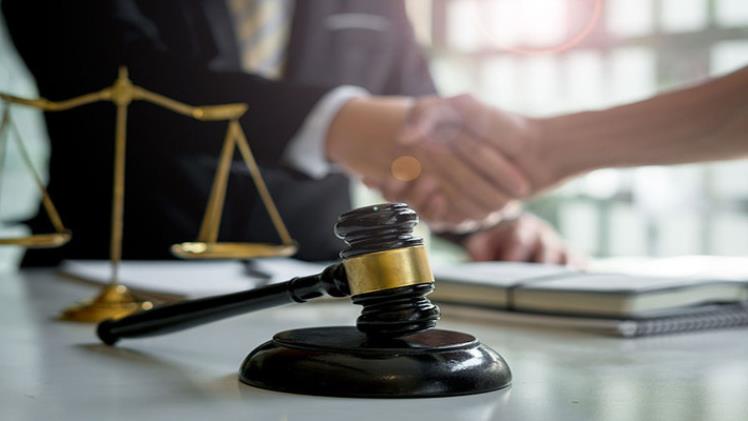In criminal cases, expert witnesses are crucial because they offer testimony that either validates or contradicts arguments made by the prosecution or defense, thereby playing a significant role. Experts in different fields, such as forensic science, psychology, and technical aspects of crime, can offer significant perspectives on various topics.
If you have been accused of a DUI accident or a criminal charge, you will most likely need an expert witness to defend your case. In such cases, hiring a lawyer to defend you against drunk driving charges and gather information about expert witnesses for your lawsuit will be ideal.
Besides hiring a lawyer for legal purposes, it will be helpful if you know about the use of expert witnesses in criminal cases, as mentioned below.
Understanding the role of expert witnesses in criminal cases
-
Forensic evidence
One of the primary uses of expert witnesses in criminal cases is to provide testimony about forensic evidence. For example, a forensic scientist may be called upon to give testimony about fingerprints, DNA, or other physical evidence central to the case. Similarly, a forensic pathologist may provide testimony about the cause of death in a murder case.
-
Defendant’s mental state
Another critical use of expert witnesses in criminal cases is to provide testimony about the defendant’s mental state at the time of the crime. It can be imperative in cases where the defendant claims insanity or diminished capacity as a defense.
In these cases, a psychiatrist or psychologist may be called upon to provide testimony about the defendant’s mental state and whether or not they were capable of forming the intent to commit the crime.
-
Testimony about the crime
Expert witnesses can also provide testimony about technical issues related to the crime. For example, in cases involving computer crimes, an expert in computer forensics may be called upon to testify about how the crime was committed and the evidence used to identify the perpetrator.
-
Witness’s credibility
Expert witnesses can also be used to testify about other witnesses’ credibility. For example, a psychologist may be called upon to provide testimony about whether or not a witness is capable of delivering accurate testimony or whether they have a history of making false statements.
It is important to note that expert witnesses are not permitted to give opinions about the guilt or innocence of the defendant. They provide objective, unbiased information about specific areas of expertise. Additionally, the testimony of an expert witness must be based on scientific, technical, or other specialized knowledge and must be reliable and relevant to the case.

